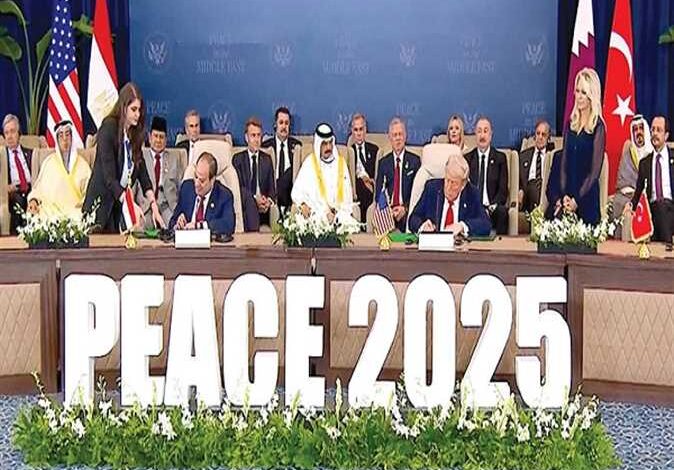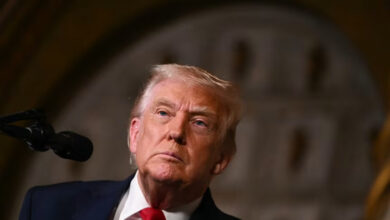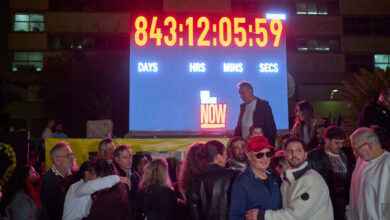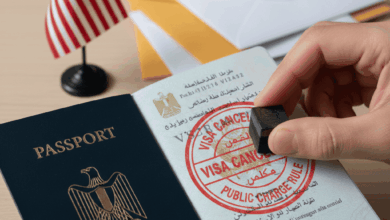
On Monday, Egypt hosted the Sharm El Sheikh Peace Summit, co-chaired by Egyptian President Abdel Fattah Al-Sisi and US President Donald Trump .
The summit saw participation from Heads of State and Government representing a wide array of nations, including: Jordan, Qatar, Kuwait, Bahrain, Turkey, Indonesia, Azerbaijan, France, Cyprus, Germany, the United Kingdom, Italy, Spain, Greece, Armenia, Hungary, Pakistan, Canada, Norway, Iraq, the UAE, Oman, Saudi Arabia, Japan, the Netherlands, and Paraguay, and India.
Also in attendance were the Secretary-General of the United Nations, the Secretary-General of the Arab League, the President of the European Council, the President of FIFA, and a former Prime Minister of the United Kingdom.
President Sisi and Trump signed the Sharm El Sheikh Peace Agreement, a comprehensive document designed to end the war in the Gaza Strip. Additionally, the leaders of Qatar and Turkey signed a separate document concerning the agreement between Israel and Hamas.
So, what are the terms of the agreement?
- Immediate end to hostilities: An immediate cessation of the war between Israeli occupation forces and Palestinian factions in the Gaza Strip.
- Phased Israeli withdrawal: Israeli forces will withdraw to an agreed-upon line in preparation for the prisoner exchange process.
- Freezing military operations: All military operations, including aerial and artillery bombardment, will be suspended, and front lines will remain frozen until the conditions for a full phased withdrawal are met.
- Return of hostages: All hostages, both living and deceased, shall be returned.
- Palestinian prisoner release: Israel will release 250 prisoners serving life sentences, in addition to 1,700 detainees from Gaza arrested after October 7, 2023, including all women and children detained in that context.
- Exchange of remains: For every deceased Israeli captive’s body returned, Israel will return the remains of 15 Palestinians.
- Immediate aid flow: Aid will immediately enter Gaza in quantities no less than those stipulated in the January 19, 2025, humanitarian aid agreement. This includes rehabilitating infrastructure (water, electricity, sewage), hospitals, and bakeries, and allowing the entry of necessary equipment to clear rubble and open roads.
- Aid distribution mechanism: Aid will be brought in and distributed through the United Nations and its agencies, the Red Crescent, and other neutral international institutions, without interference from either party.
- Rafah crossing operation: The opening of the Rafah crossing in both directions will be subject to the same mechanism applied under the January 19, 2025, agreement.
- Economic reconstruction plan: An economic plan for rebuilding Gaza will be launched via a committee of experts who have contributed to building modern, prosperous cities in the Middle East. This includes reviewing all serious investment proposals that can provide employment opportunities and hope for Gaza’s future.
- Special economic zone: A special economic zone will be established with customs preferences and facilitated access, subject to negotiation with participating countries.
- No forced displacement: No one will be forced to leave Gaza; those who wish to leave will be free to return later, and residents will be encouraged to remain and participate in building a new Gaza.
- International Stabilization Force: The United States will work with Arab and international partners to form an “International Stabilization Force” to be deployed immediately in Gaza. This force will train and support selected Palestinian police forces in consultation with Egypt and Jordan, and will cooperate with Israel and Egypt to secure borders, prevent weapons smuggling, and facilitate the flow of aid.
- No Israeli reoccupation/annexation: Israel will neither occupy nor annex Gaza. As the International Stabilization Force establishes control, Israeli military forces will withdraw according to agreed-upon criteria and a timeline, though a perimeter security presence will remain until Gaza is guaranteed to be free of any renewed terrorist threat.
- Joint religious dialogue: A joint religious dialogue based on the values of tolerance and peaceful coexistence will be established to change mindsets and narratives between Palestinians and Israelis by highlighting the benefits of peace.




